Queen Elizabeth II declared 1992 "annus horribilis", bringing the Latin phrase - meaning "horrible year" - to the modern era.
Thanks to COVID-19, 2020 has proved to be the entire world's annus horribilis.
Pandemics are nothing new - the Spanish flu infected millions in 1918. Insurance companies have long had pandemic clauses and exemptions.
Health authorities around the world try to plan for pandemics - there are even movies about them. Yet when COVID-19 struck, global governments and experts scrambled and faltered.
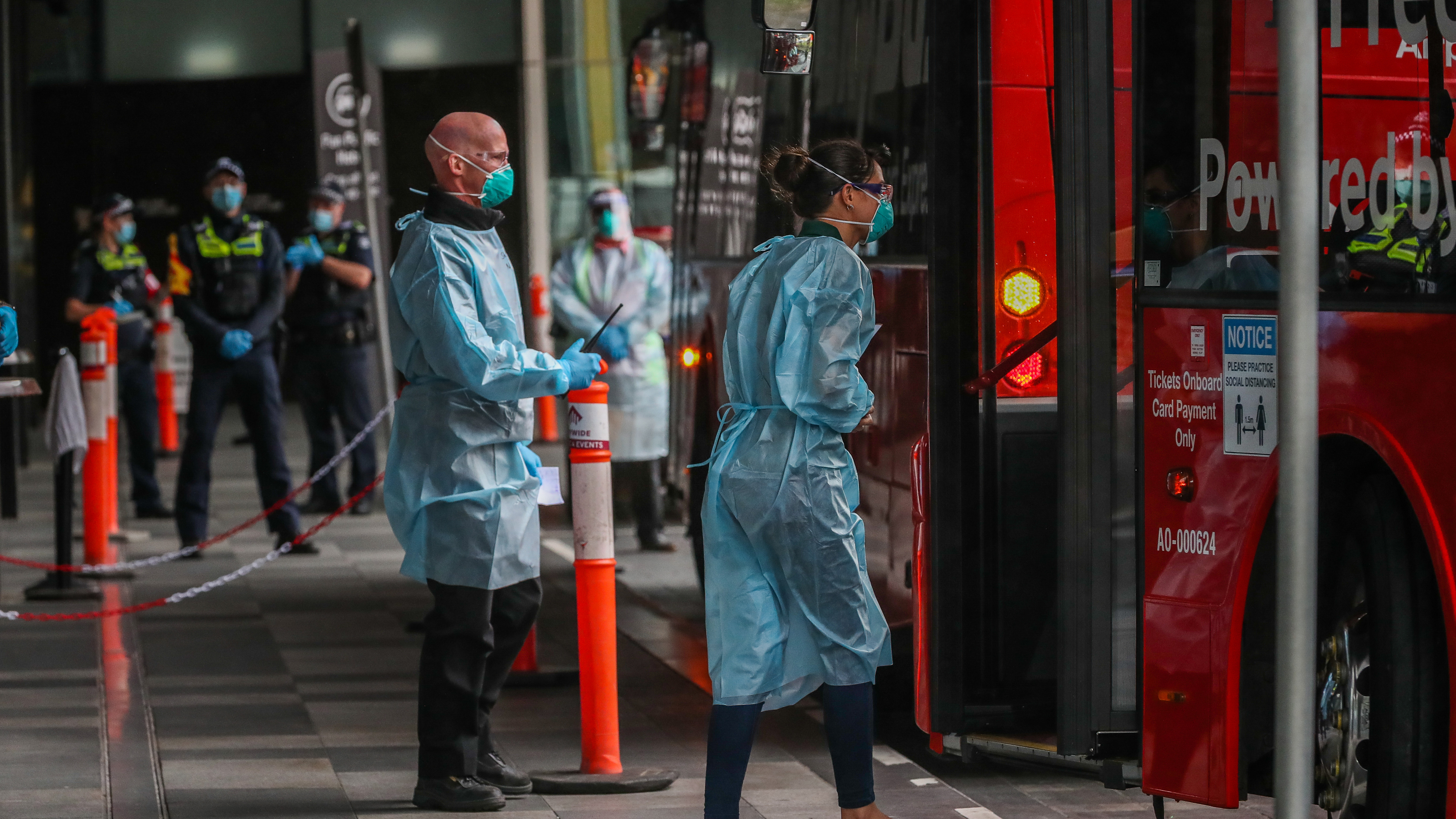
Thanks to modern travel - especially by air - the virus easily spread from country to country, continent to continent.
It impacted every corner of the globe and in Australia, nowhere more so than the capital of Victoria - Melbourne.
The Victorian Government is in no way responsible for the global pandemic.
But the failings of the state's hotel quarantine program, coupled with seemingly inadequate contact tracing, reportedly allowed the virus to leach-out of hotel quarantine to the general community, thereby starting the so-called "second wave" that saw community transmission explode, spreading through the population and into aged care.
READ MORE: Australian nurse admits to having 'reservations' about Pfizer jab
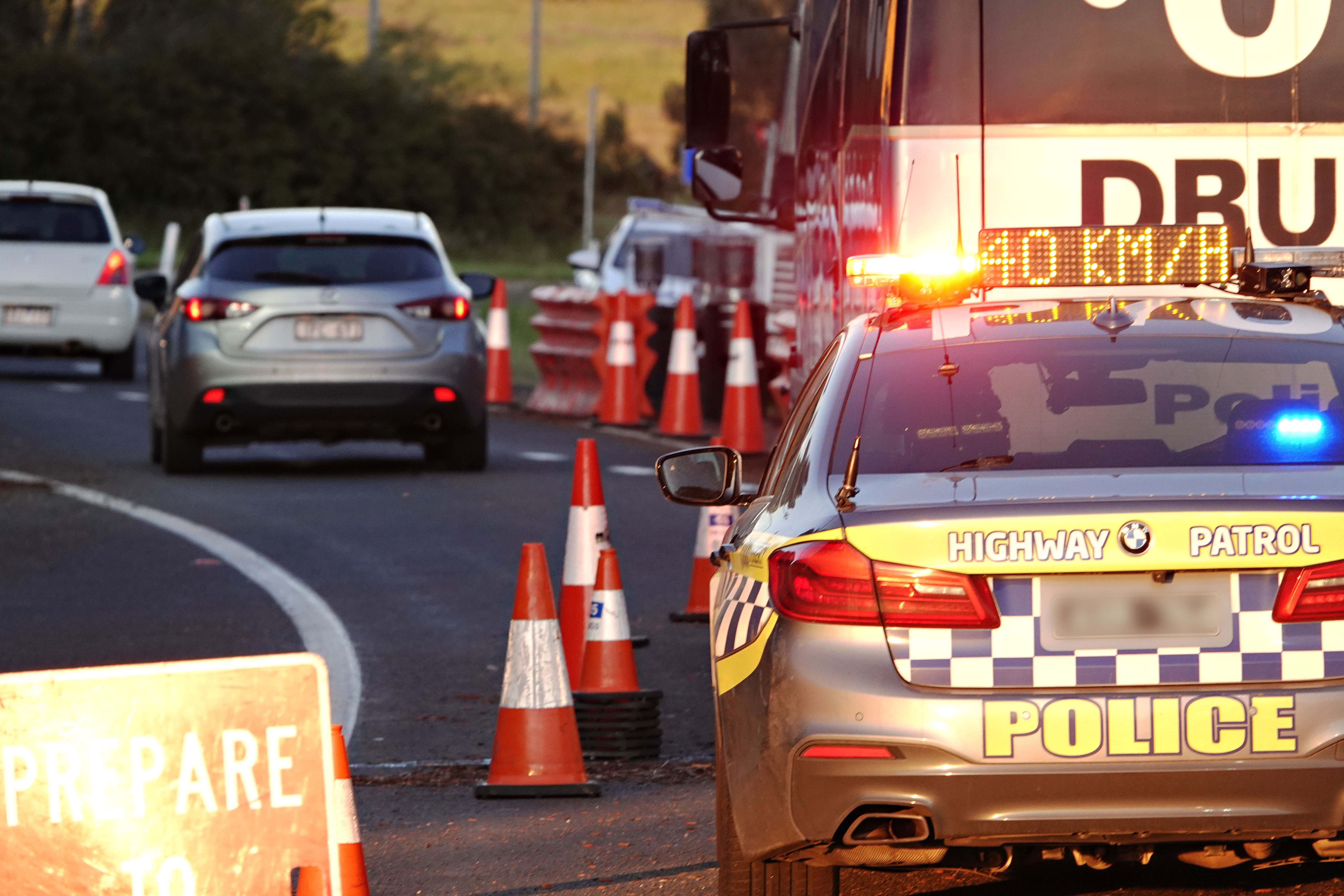
More than 800 people lost their lives.
The various restrictions, curfew and extended lockdown led to the loss of livelihoods, businesses and jobs, costing the Victorian and Australian economy billions of dollars.
Mental health was also impacted.
There were the informative, but depressing daily briefings, angst added to by what many thought to be daily deflections about who or what was responsible for the second wave and questionable contact tracing.
There were also those who believed a healthy dose of bull-dust was being dished-up.
As mentioned, the devastating impact of the restrictions, curfew and lockdown resulted in many, many people losing their jobs.
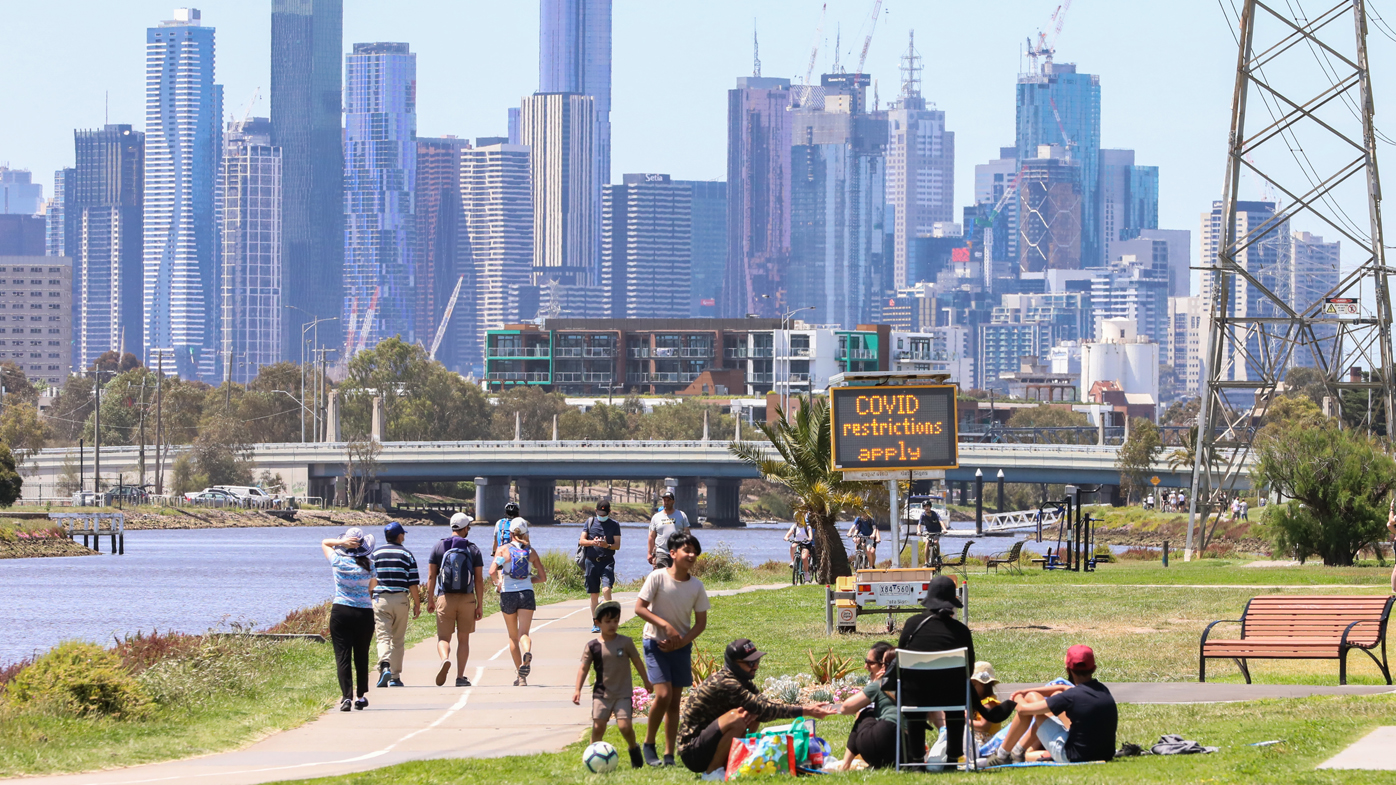
Thankfully, there was a lifeline of sorts in the form of JobKeeper and JobSeeker allowances.
For those fortunate enough to still have a job, they did consider themselves extremely lucky.
But working during a pandemic also has its issues, especially for those on the frontline, chief among them our medicos helping to fight COVID-19 and caring for those who succumbed to the virus.
But those not on the frontline also did it tough, think of the young supermarket employees working around the clock and dealing with the public as the virus quietly spread.
We in the media - deemed essential workers - were also impacted.
Apart from the strict COVID-19 measures - temperature checks, social distancing, mask wearing - there was the psychological battle.
READ MORE: Victoria to scrap permit scheme for travellers from South Australia
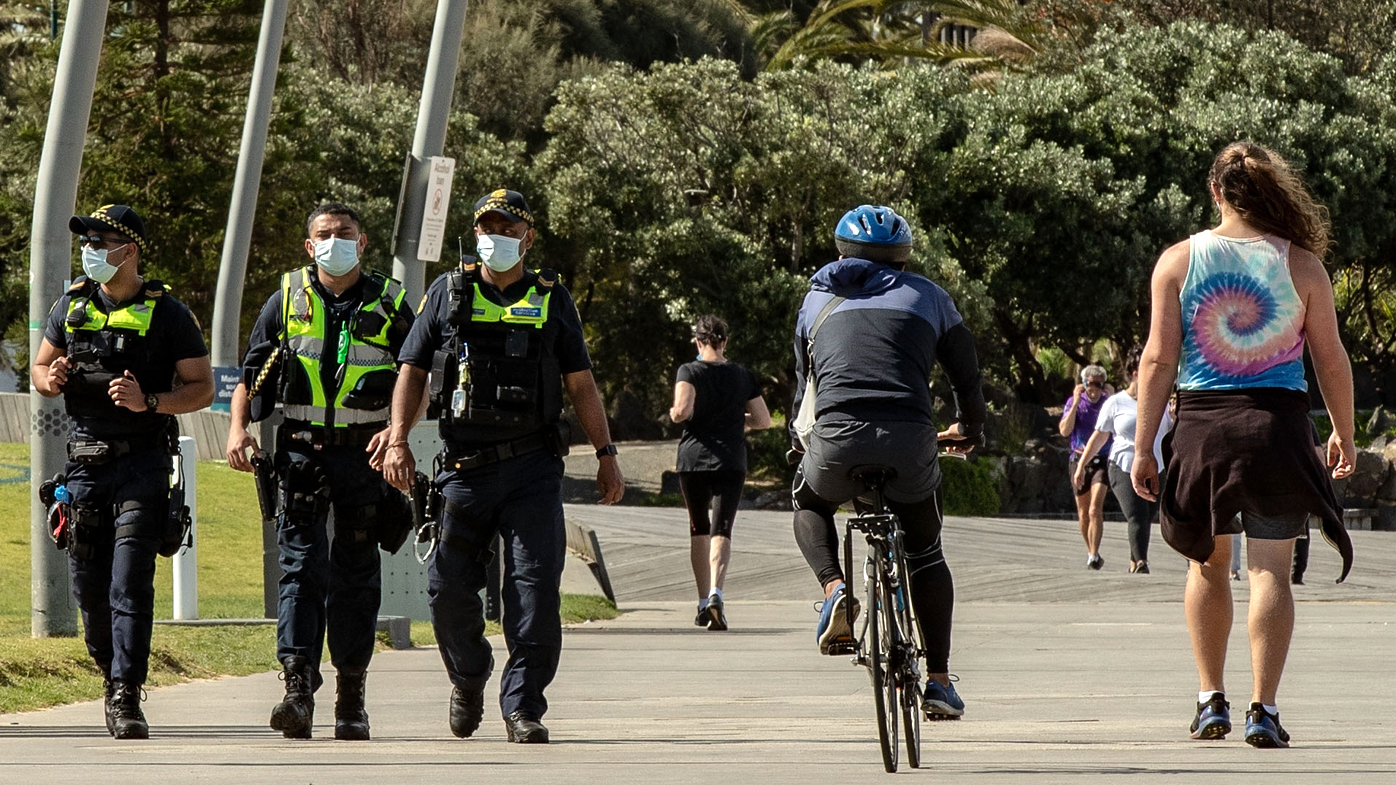
I mainly cover "happy news", but my colleagues and I still had to travel through a locked-down city, taking in the ever-depressing scenes of empty streets as well as the rows and rows of "for lease" signs springing-up as business after business went to the wall.
We also had to work in an office tower that was empty to all but those associated with TV news and current affairs, undergo daily temperature checks and upload daily information on QR codes.
Wearing facemasks for hours on end was not a pleasant experience either.
On top of all that, we had to make sure our "papers" or work permits were in order for fear we'd be stopped by police who were just doing their job (also under trying circumstances).
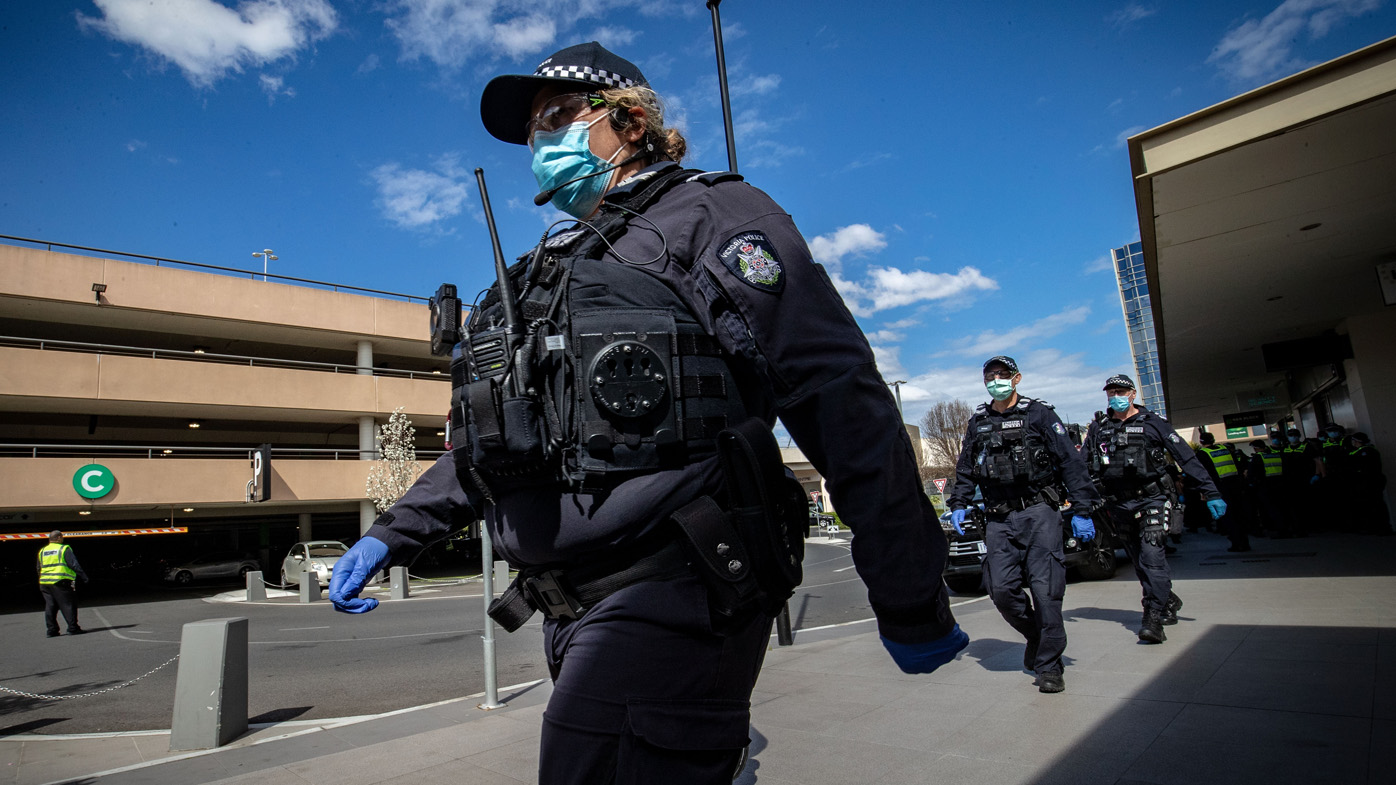
I had to leave the studio one night during the curfew hours.
My car was the only one on the road, it was truly surreal and seemed as though the apocalypse had struck.
We also became sounding boards and counsellors of sorts to those we met while out and about.
Everyone had a tale of woe, even though we were coping with our own issues.
I recall the story of a colleague whose elderly relative died due to COVID-19.
Another colleague's elderly mum needed to go to the bank, but was terrified to do so because it fell just outside her allowed travel of a five-kilometre radius from home.
We all have friends whose lives and businesses have been impacted.
One of my friends told me about her relative who was undergoing treatment for cancer and fell ill on the street on AFL Grand Final day.
Despite wearing a headscarf and explaining her situation, my friend tells me they were still read the riot act by a police officer.
READ MORE: Concerns downplayed over GPs treating patients outside Victoria's hotel quarantine program
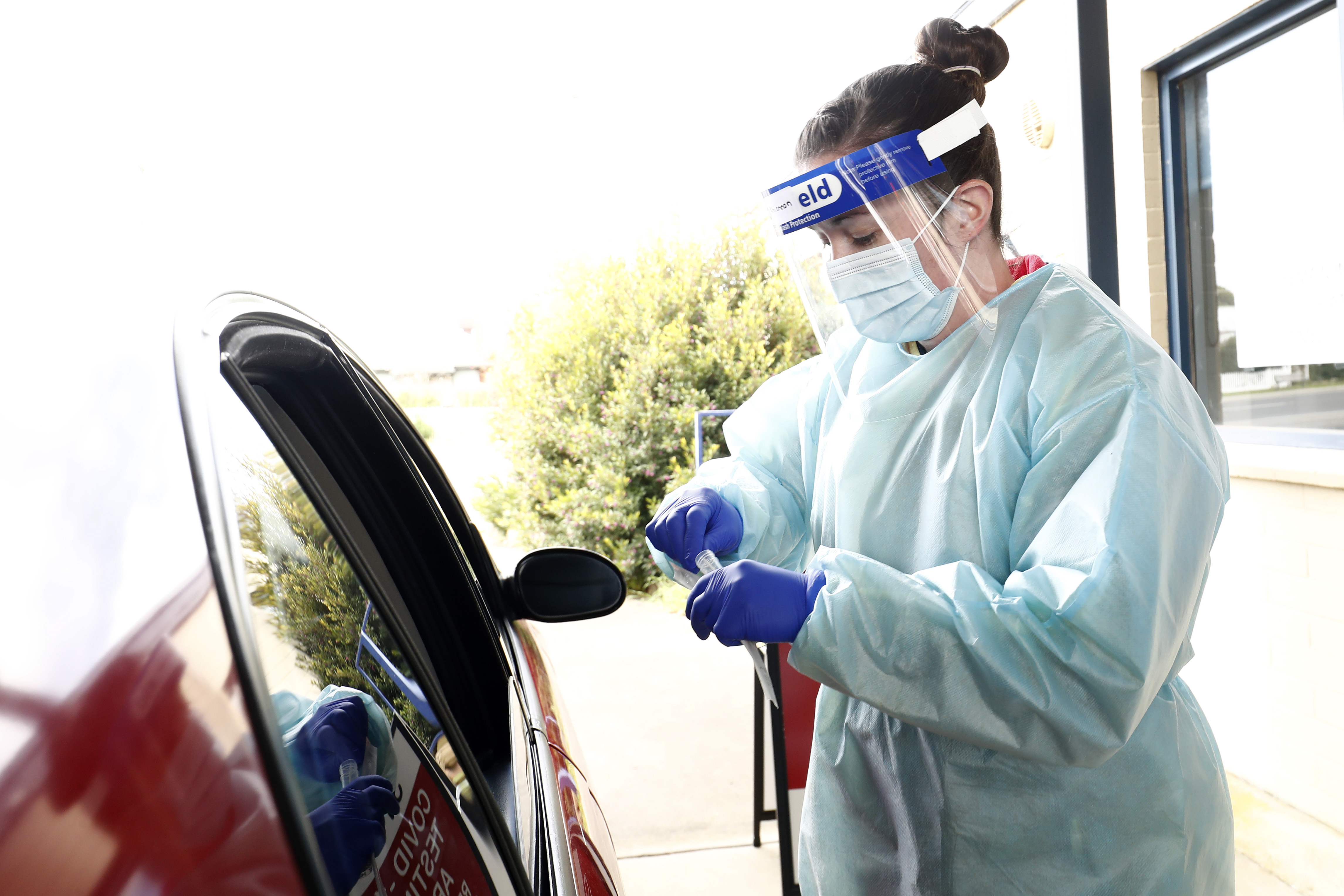
The fact Melburnians weren't allowed to leave the city - enforced by the "ring of steel" between metropolitan and regional Victoria - let alone flee interstate due to border closures, added to the feeling of helplessness and being trapped.
And then when we were finally allowed some freedoms, we were reminded of just how restricted our lives had become.
My wife and I went to the Botanic Gardens for a picnic with friends as restrictions began easing.
It was at a time when we could leave home for two hours instead of one.
During the picnic, we - and the hundreds of others at the gardens - had the police chopper hovering overhead, police on push-bikes riding through groups on the grass, as well as police on horseback and in patrol vehicles circling the surrounds.
It was hardly a relaxing outing.
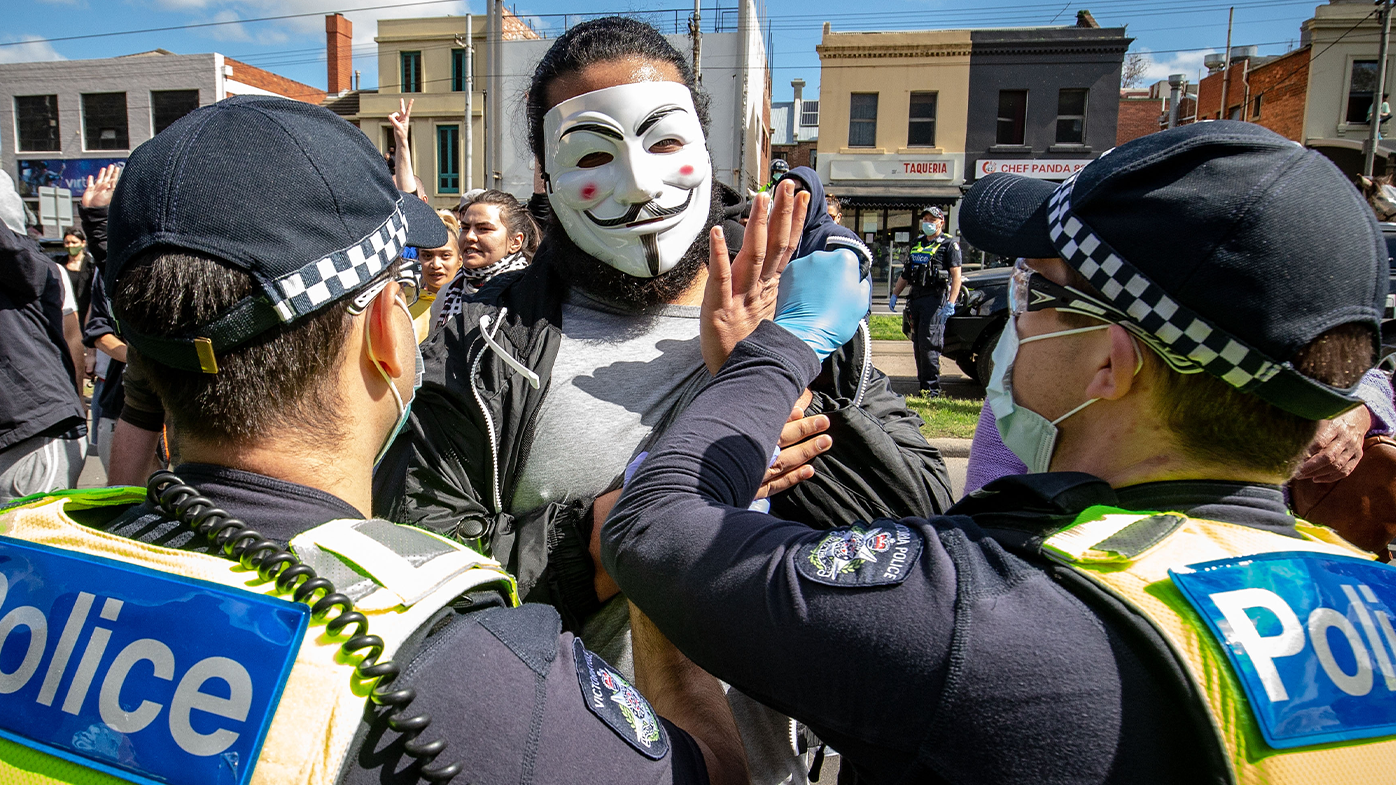
Unless you lived the experience in Melbourne, respectfully you were merely a well-intentioned spectator.
There will be people who will scream "toughen-up buttercup" and I get that.
But you can't tell people how to feel, or have a go at them for the way they are feeling.
It's OK not to be OK.
Fortunately though - through a huge collective effort - we are now coming out the other side, with zero reported COVID-19 cases or deaths for more than a month, despite the absence of a vaccine.
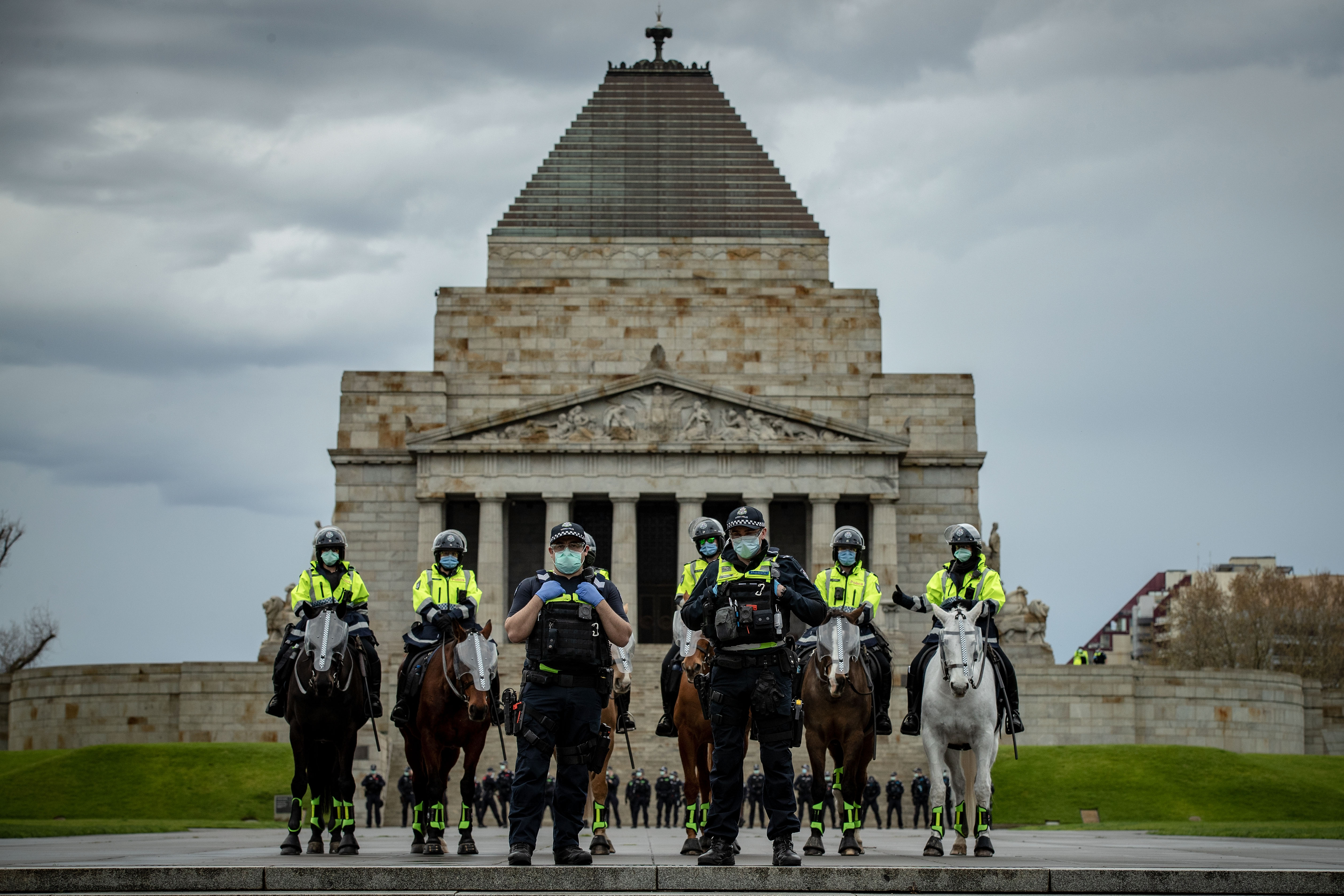
It's now time to reflect and embrace a new "COVID-normal" and enjoy life as best as possible here in Melbourne and the rest of our recently reunited Australia.
The pandemic brought out the very best in people, the world slowed, seemed kinder and gentler, we began embracing the long forgotten "simpler" things in life like a picnic in the park.
Sadly, the pandemic also brought out the worst in the world, pitting regional against metropolitan, city against city, state against state and country against country.
Let's draw a line under 2020 - our annus horribilis.
May 2021 be the year our world heals.
from 9News https://ift.tt/2VXl79s
via IFTTT


0 Comments